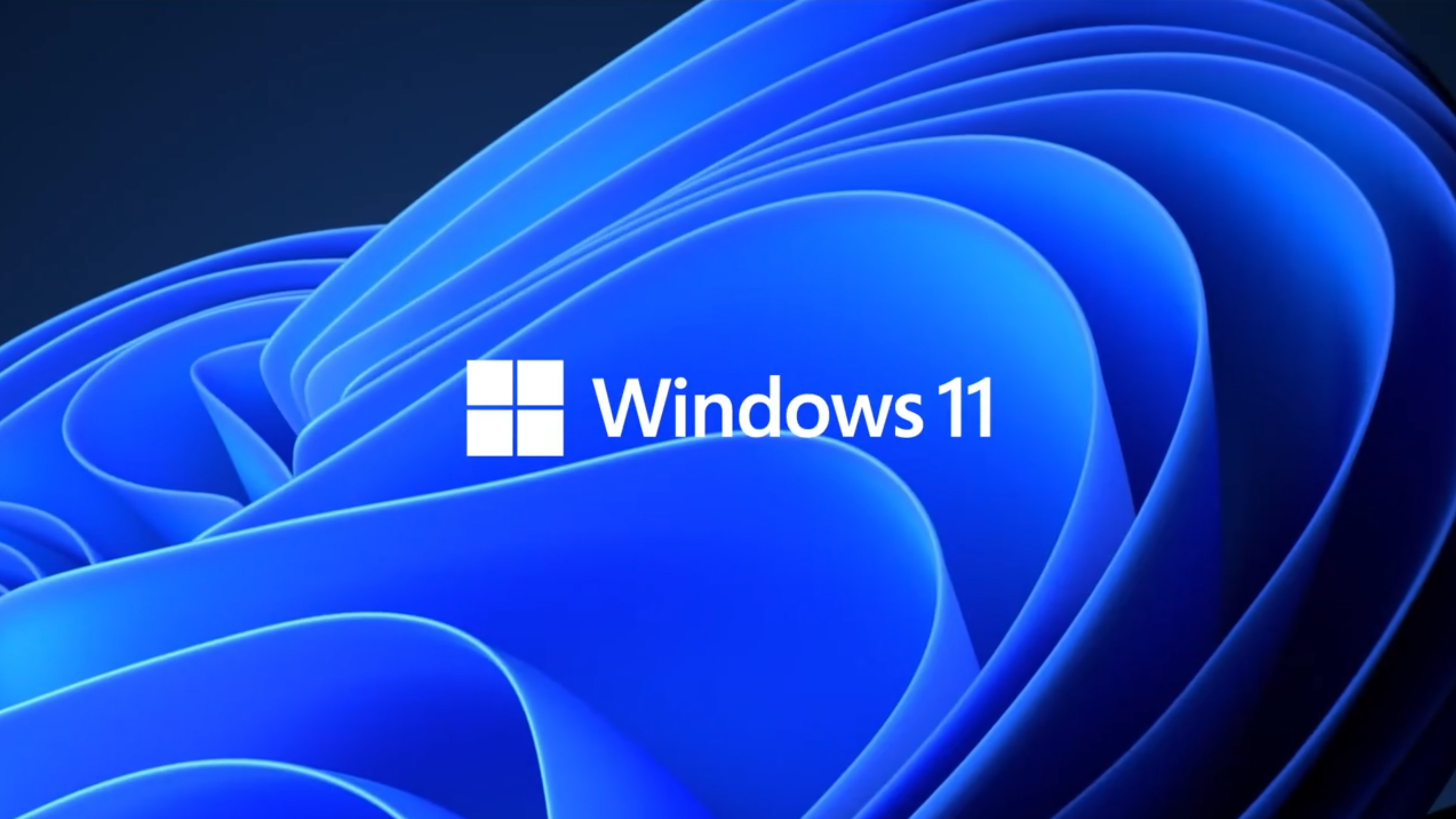Good news! Soon Windows 11 updates won't take forever thanks to 24H2's speed boost
Windows 11 24H2: faster updates, fewer delays, happier PCs

Windows 11 users, I have some good news (for a change) about the new feature update for 2024, version 24H2. Thanks to major improvements to how the Windows Update app works, 24H2 will be installed faster than previous major updates.
Microsoft published a blog post explaining how it’s been working on changes behind the scenes that speed up how updates are installed, and the process will draw significantly less system resources as well, contributing to the speeding up of the installation process.
Thanks to 24H2’s servicing stack, a crucial software component that is responsible for installing updates in the operating system, installation is 45.6% faster and restart time is 39.7% faster than we saw with Windows 11 version 22H2 (and 23H2, as both versions have the same servicing stack) when installing cumulative updates for devices that were up to date and regularly maintained.
Systems that were running older versions of Windows 11 also saw big improvements, according to tests carried out by Microsoft. On a computer that hadn’t been updated for a year a half, Microsoft claims improvements of installation being 43.6% faster and taking 33.5% less time to restart. Good news all around.
As described by Microsoft, this was done using a couple of methods. First, Microsoft implemented parallel processing, allowing Windows PC devices to handle multiple parts of the update simultaneously. Second, it used smart caching, meaning that when Windows 11 processes part of an update, it stores (or ‘caches’) that information so it doesn’t redo the same parts of the process twice.
This helps speed things along when the same parts of the update show up repeatedly. Finally, updates will now make better use of RAM (your computer’s temporary memory storage), by checking if your PC is low on RAM and adjusting the update process accordingly to avoid slowing things down.

Faster, more efficient updates all around for Windows 11
Faster cumulative security updates aren’t the only improvement, with larger feature updates (that bring new tools and features) being made more efficient as well. This will include Edge, Microsoft’s default browser for Windows 11, saving about 200MB of space during bigger feature updates. You can read more in to the technical details of all of these processes in Microsoft’s blog post.
Get daily insight, inspiration and deals in your inbox
Sign up for breaking news, reviews, opinion, top tech deals, and more.
If Microsoft has its numbers right, you should feel that updates install significantly faster. The time it takes to download and install updates is one of the biggest complaints you hear from Windows 11 users and this will mean less down time and less frustration due to having to wait for your device to update or restart. Using fewer system resources during the update process means that you should be able to use your computer for various tasks while updates are installed, allowing you to get on with your activities.
YOU MIGHT ALSO LIKE...
- Fed up with Windows 11’s look? New mod lets you revamp the desktop, including the floating taskbar once seen in a Windows 12 leak
- Another day, another huge Windows 11 24H2 update bug, this time triggering the dreaded Blue Screen of Death
- Windows 11 could soon fix your password headaches as Microsoft welcomes third-party passkeys to the OS
Kristina is a UK-based Computing Writer, and is interested in all things computing, software, tech, mathematics and science. Previously, she has written articles about popular culture, economics, and miscellaneous other topics.
She has a personal interest in the history of mathematics, science, and technology; in particular, she closely follows AI and philosophically-motivated discussions.